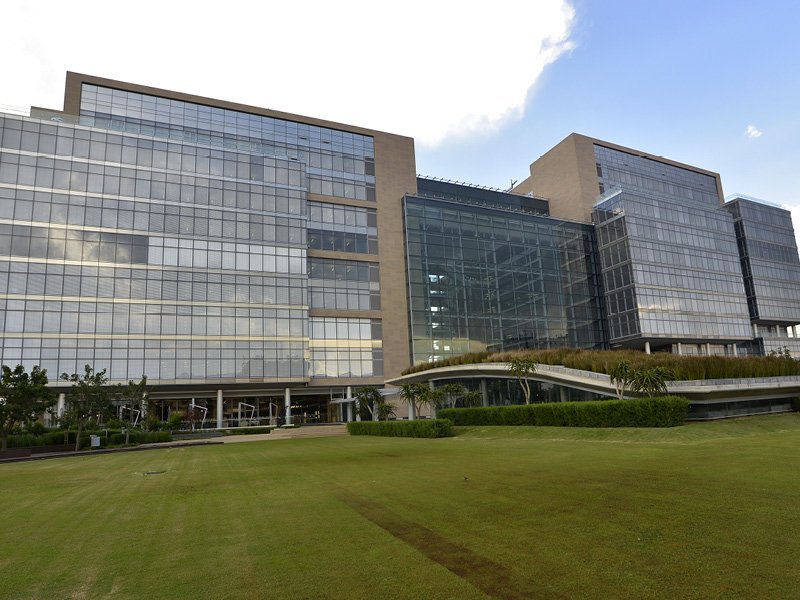JOHANNESBURG, SOUTH AFRICA – Standard Bank hosted its second Climate Summit in partnership with the University of London’s School of Oriental and African Studies (SOAS) this week. The one-day event built on last year’s net zero theme, focusing on climate change in the context of energy access and the just energy transition to identify, unify and raise Africa’s voices on this important topic.
The event connected industry, investors, government, civil society organisations and some of Africa’s leading policymakers, providing a platform for a variety of voices to join the debate around how we can mitigate the effects of climate change while still developing African economies, attract the right kind of investments, and how public-private partnerships will be at the core of this delicate balancing act.
Ultimately, mitigating the threat from climate change requires collaboration across sectors, to shape a strong African voice that can drive real change, while recognising Africa’s context, and the challenges and opportunities in achieving a just transition.
With its 160-year heritage on the continent, Standard Bank Group’s core purpose is to drive Africa’s growth – and it is committed to do so in a sustainable and inclusive way. This year’s Climate Summit comes on the back of the release of the Group’s climate policy earlier this year, which commits to achieving a portfolio mix that is net zero by 2050.
“We have set aside a cumulative amount of between R250 billion – R300 billion for sustainable finance projects by the end of 2026. I am pleased to inform you that since the launch of our climate policy in March this year, we have already provided sustainable finance to the tune of almost R40 billion and are tracking ahead of our timelines to surpass these targets,” said Standard Bank Group Chief Executive of CIB, Kenny Fihla in his welcoming remarks.
The Minister of Forestry, Fisheries and Environment, Barbara Creecy, delivered a powerful opening keynote in which she emphasised the urgency of the now, the need for a multi-sectoral approach and the importance of putting people and communities first as we undertake a just transition to cleaner energy sources.
“In reaching our net-zero goals, we must remember to put our people and communities at the centre of a just transition that guarantees better and decent jobs, social protection, more training opportunities, and greater job security for all workers affected by global warming and climate change policies,” said Creecy. “This is extremely important in our establishment of a resilient South African green economy and is a cornerstone of our developmental agenda.”

While Africa must join the global drive towards limiting greenhouse gas emissions, this action must be considered within the context of Africa’s just transition towards a low-carbon economy and in a manner that recognises and addresses the deep energy deficit across African economies where less than 43% of the population have access to a national grid.
Energy, in general, underpins economic growth in emerging markets, specifically in Africa, where affordable and reliable energy access is fundamental to Africa’s development. Therefore, the transition away from non-renewable energy sources will necessarily be a gradual and measured process, given widespread energy poverty.
However, climate change also provides opportunities for Africa to harness its huge natural resource potential to become world leaders in delivering the sustainability agenda, which also creates significant market opportunities on the continent.
Some of Africa’s key statesmen as well as several speakers, offered insights and perspectives on the summit’s four in-depth panel discussions under the following topical themes: energy transition; opportunities and risks; green investing; and the role of government.
As the world’s attention turns to COP27 taking place in Sharm el-Sheikh, Egypt next month, Africa has the potential to be a key player in the low-carbon economy. However, the deployment of climate change mitigation solutions requires significant capital. Africa needs to prioritise securing finance, technology and capacity building support.
Platforms such as this are vital in bringing role players together in an atmosphere of collective engagement, learning and solutioning.
“Energy supply is likely to become even more subject to geopolitical rivalry than it is at present. Regions and blocs will want to become increasingly self-reliant for energy – or at least reliant on countries that are not their rivals. In this context, building Africa’s capacity to supply our own energy needs becomes even important. Equally, there will be huge opportunities for African countries as exporters of transitional and renewable energy. Growing our sustainable and transitional energy capacity will increase African countries’ fiscal headroom – which is essential for effective sovereignty. And it will enable us to move deeper into global supply chains – which is very helpful to broader industrialisation,” said CEO of Standard Bank Group, Sim Tshabalala in his closing remarks.

